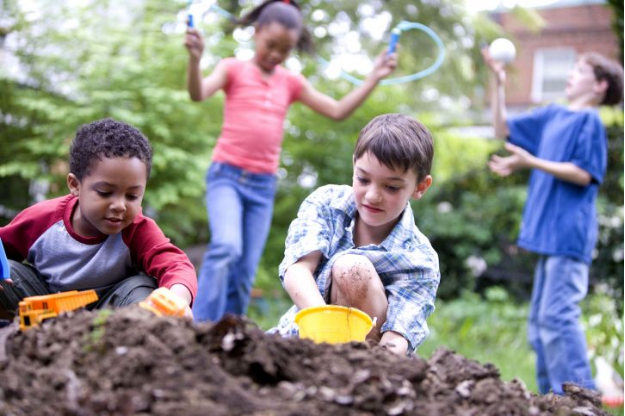Play-based learning is a new way of teaching students out of their regular boring books. It is mainly adopted by modern-day teachers who try to make students understand concepts in a better way. It is very different from traditional teaching methods. Many students consider lectures the most effective tool of teaching and learning but lectures become way too boring and creates dullness among students. The professor condenses the vast study material, and delivers to the students in an organized way, which significantly reduces the burden on the student.
Years of research have shown just how important play is for early childhood development, and they have suggested incorporating it into early education and in that fun they learn quite new things and develop new skills. A kid is more into playing and playing for hours. Play is extremely important for brain development in young children. It’s believed that play shapes the structural design of the brain, and provides active exploration that helps in building and strengthening brain pathways. This type of teaching method is mainly used for early childhood education, for kindergarten students. Learning while playing helps to nurture imagination and give a sense of adventure. Through this, one can learn essential skills such as problem-solving, working with others, sharing and much more. Such learning style helps children develop social skills, motivation to learn, and even language and numeracy skills. That is why it is really important for the parents and schools to include play based learning process into child education which ultimately result in children development.
There isn’t a specific definition for purposeful play, researchers said one way it differs from free play is in the types of materials teachers choose for their classrooms, such as providing students with fabric for creative dress-up rather than pre-made costumes that come with prescribed meanings. Another difference is that the teacher’s role includes more observation and feedback. For example, as a child plays “grocery store,” the teacher might ask how many apples a student would need to buy for their family, or if a student is playing in the kitchen, a teacher could ask why heat is important for baking bread.
Everyone knows ‘play’ when they see it – on streets, in villages, on playgrounds, in classrooms. People from every culture, economic background and community engage in play from their earliest years. An important aspect of play is children’s agency and control over the experience. Agency refers to children’s initiative, decision-making and self-choice in play.
When children choose to play, they are not thinking “Now I am going to learn something from this activity.” Yet their play creates powerful learning opportunities across all areas of development. Development and learning are complex and holistic, and yet skills across all developmental domains can be encouraged through play, including motor, cognitive and social and emotional skills. Indeed, in playful experiences, children tap a breadth of skills at any one time. Often this occurs during ‘corner play’ or ‘centre time’ in the context of early learning or pre-primary programs. Corner play, when well planned, promotes child development and learning competencies more effectively than any other pre-primary activity. By choosing to play with the things they like to do, children actually develop skills in all areas of development: intellectual, social, emotional and physical.




